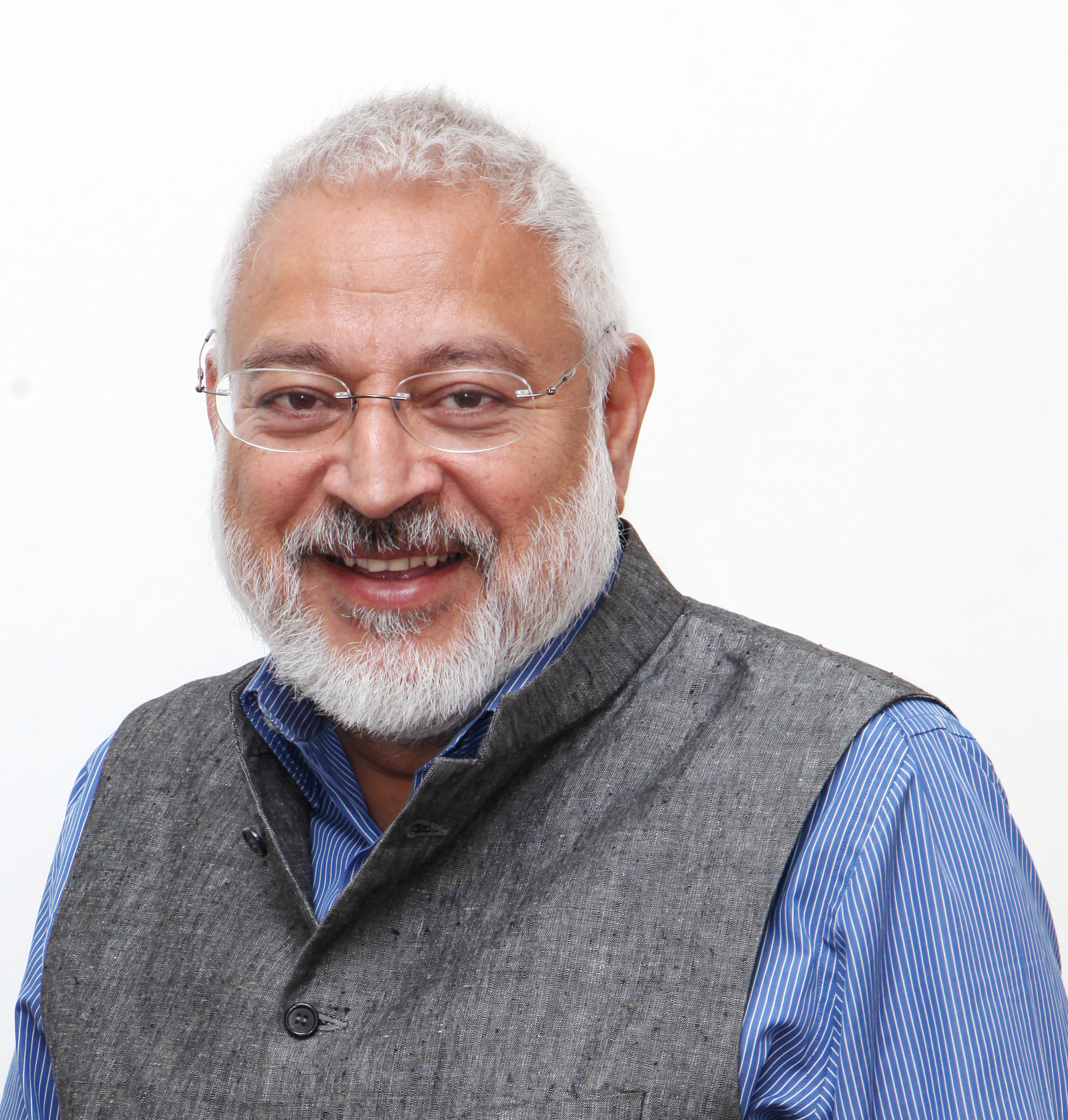
One of the main purposes of education, how we at the Royal Academy, Bhutan, envision it, is to help learners become persons of substance – people who do the right thing because it is the right thing to do. Such a collection of learners will not only thrive but also ensure that the community which they are part of fares exceedingly well. In the 20th century, based on the works of educational philosophers such as John Dewey, Jean Piaget and Lev Vygotsky, the focus of learning shifted to learner-centred. This was in contrast to the then existing practices in the Western world where teachers were at the centre of the education process. This shift may have served a purpose for the times. The world we find ourselves in today is very different from a 100 years ago. And that is an understatement.
Almost every facet of life has undergone tremendous change. Yet the pandemic of 2020 can draw many parallels with the one a hundred years ago, the Spanish flu, that spread through the world killing a third of the world’s population over a four year period. One would have thought we would be better prepared to deal with such a crisis hundred years later but the fact that the world has been brought to its knees shows how shallow our systems and processes are. And unprecedented events of this nature, including events associated with the changing climate, are going to be more frequent. How can we be better prepared, not merely to survive but thrive? My suggestion would be to re-look at the education process and attune it to the needs of the world at this critical juncture. More specifically, the education process should cultivate persons of substance. These individuals are not only able to lead themselves and their community through a crisis but also ensure that effective systems and processes are in place to avoid, to the maximum extent possible, any foreseeable crisis from happening in the first place. These are individuals who know the significance of living in coherence with nature as opposed to competing with nature. For this to happen there needs to be a shift from the learner centred model of education to the more wholistic model that includes the community and beyond.
As youngsters grow up, they need to understand their position, their role, the contribution that they can make, and what they can give before they even learn what they can take. One of the first things that we need our learners to understand is that here exists a community around them, and that they themselves are part of this community. The focus should now shift; we should not be concentrating on what the learners’ needs are but rather what the learner’s communities’ immediate needs are. How can I, as a learner, fulfill and help my community should be the driving focus. Once my community thrives and I am contributing towards its wellbeing, I will also thrive. Everybody should understand this community-focused, societal and collective learning process.
We have understood there are individuals, communities and nature all around us. This connection and the transaction that has to take place between humans and nature should be the way forward. Unfortunately, schooling helps you to learn to compete with or try conquer nature, rather than learning to live in coherence with nature. We need to recognise the huge potential of technology in bringing humans and nature closer together. Technology can play a vital role in understanding the interface between humans and nature and act as a bridge between them. This should be the main approach of a wholistic curriculum, whereby cross-pollination takes the centre stage. Using technology and the Sciences, students should be able to understand the processes of nature and appreciate the interconnectedness of everything around us.
Given the current scenario, we should not ignore and pretend that technology does not play a major role in our day-to-day lives. Nor should we assume that technology is a panacea. It clearly is not. We must enhance the use of technology as an effective tool at our disposal to create a bridge between humans and nature, to augment human potential and also augment our relationship with nature. Technology, currently, is isolating us from nature increasingly rather than integrating us into nature. The attitude towards understanding the relationship between human beings, technology and nature, has to be brought to the fore in our curriculum. This will enable the process to be truly learner centred – not focusing merely on the needs of the learner but on the needs of the community and helping them to take ownership of their learning.
The role that students play in the creation of the learning process must be over emphasized and not under emphasised. Students should be involved in creating their own learning profile and in designing the roadmaps for the various disciplines; these roadmaps need to articulate their milestones and plan of action that are constantly revisited and updated, driving their learning journey. This would enhance the experience of growing up in this new world. We, as educators, have to see it from the learners’ point of view to co-create learning experiences with an adequate level of support and challenge. We need to reflect and question long held views that the traditional brick wall classroom is the most conducive learning environment for learning to happen. It is not, and we have been mindlessly following the status quo for too long. We need to examine and understand how we want to create spaces in which effective wholistic learning can take place. And that begins with creating space in our mind and moving away from the idea that all learning needs to take place inside the four walls of the classroom. Therefore, the learning experience needs to take the center stage, facilitated by a learning environment conducive to the concept being discussed and learnt. The learning experiences should promote cross pollination across all disciplines and also encourage appreciating nature inside those spaces. The current method of separating disciplines into silos and timetabling classes hampers this cross pollination from effectively happening. If there are benefits in timetabling, then it should be complemented by ensuring that it happens in a manner that facilitates exchange and growth of ideas and concepts across disciplines.
We should also bear in mind the special needs of all the learners. Equally significant is to ensure that those children who have not been able to attend a formal schooling process are not sidelined. Technology can play a very crucial role in bridging this divide. Many years prior to this crisis, we had been advocating for public and private partnerships to assist with online learning practices. Today, as we tide through the pandemic, it is becoming increasingly clear that online learning could have certain benefits. Make no mistake, I am not advocating for a shift to online learning from attending schools. The process of education, of which attending an educational institution is an important aspect, serves many purposes which cannot be replaced by classes online at this stage. Moreover, we also need strategies in place to focus on all areas of development – Cerebral, Emotional, Physical, Social & Spiritual – even when learning is taking place online. This is where the community, in the traditional sense and the online learning community where one can share knowledge, experiences and emotions, can be leveraged. It is crucial that cross pollination takes place not just between disciplines but across learners & communities.
Of course, we will be the first one to agree that it is not going to be all easy and rosy. It is going to be rigorous and reflective. It is going to take determination, motivation and effort from everyone involved. These traits, that I call watermarks, that one acquires along this process will serve them and their community in the long run. Moreover, the alternative to not having persons of substance in communities reveal an even dire option- locked up, worried and wondering what is going to happen next.

